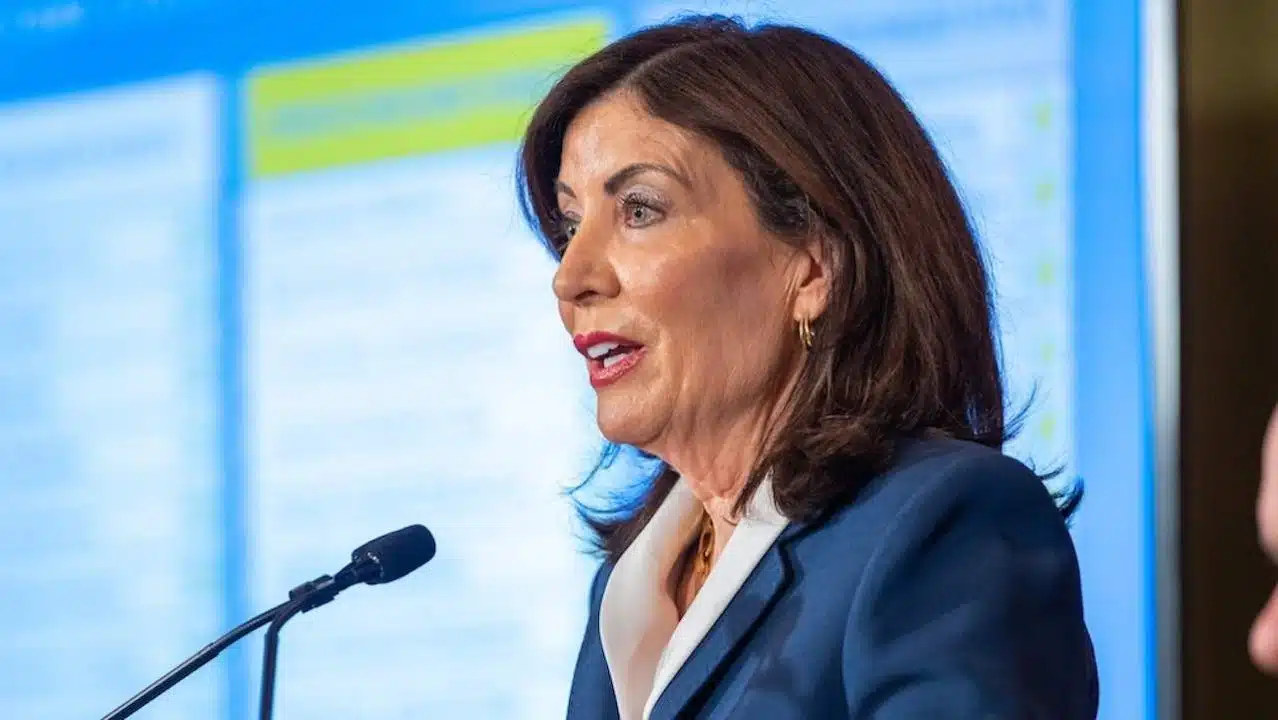
New York State has joined 22 others in a unified plea to Congressional leaders to preserve critical nutrition benefits under threat from a GOP-led reconciliation bill. The proposed legislation could gut the Supplemental Nutrition Assistance Program (SNAP), leaving millions of Americans—including 3 million New Yorkers—without food assistance.
A coordinated effort against unprecedented funding shift
The letter, co-signed by Governor Kathy Hochul and governors from across the nation, expresses deep concern about proposed changes that would shift up to 25% of SNAP benefit costs from the federal government to the states. This would place an unsustainable burden on state budgets, potentially forcing many states to end their SNAP programs altogether.
“If states are forced to end their SNAP programs, hunger and poverty will increase, children and adults will get sicker, grocery stores in rural areas will struggle to stay open, people in agriculture and the food industry will lose jobs, and state and local economies will suffer,” Hochul warned in a public statement.
Impact on New York State
New York currently serves about 3 million residents through SNAP. The proposed cost shift could saddle the state with hundreds of millions in new annual expenses. Without the ability to absorb such costs, lawmakers may be forced to cut enrollment or end the program.
Hochul emphasized that the impact would ripple far beyond those receiving benefits:
- Local grocery stores, especially in rural areas, could lose significant revenue.
- Farmers and food producers would face reduced demand.
- Increased poverty and hunger could strain health care systems and public services.
Medicaid, disaster aid also at risk
In addition to SNAP, the reconciliation bill proposes cuts to Medicaid and other essential federally funded safety net programs. States would be left scrambling to fill the gaps, often with limited or no resources.
States are also being asked to take on unpredictable financial obligations. The amount each state would owe depends on its annual payment error rate—a figure that can change based on minor administrative issues. With final amounts due only three months before payment deadlines, states would face impossible budgeting challenges.
Why governors are sounding the alarm
Governors argue that these changes would undermine SNAP’s effectiveness just when it’s needed most. SNAP was designed as a federal program for a reason: to ensure uniform support across the nation, particularly during economic downturns or natural disasters.
“SNAP doesn’t just help millions of New York families put food on the table,” said Hochul. “It keeps our local grocers open for business and makes major investments in our farming industry.”
The bipartisan coalition of governors argues that states already share responsibility for SNAP’s administration costs and are subject to financial penalties for performance issues—adding a cost share to the benefits themselves would cross a line.
What’s next?
Congressional leaders have yet to respond directly to the letter. The bill remains under debate, and its future is uncertain. However, the public pushback from nearly half the nation’s governors signals mounting resistance.
As the budget negotiations continue, advocates and public officials alike are urging voters to contact their representatives.

